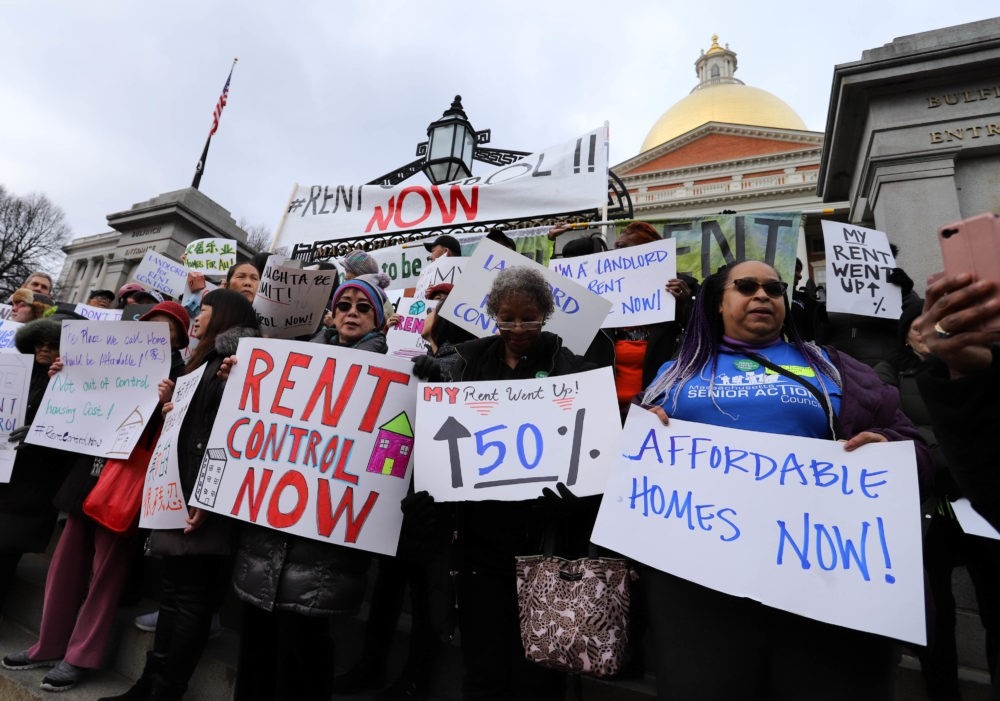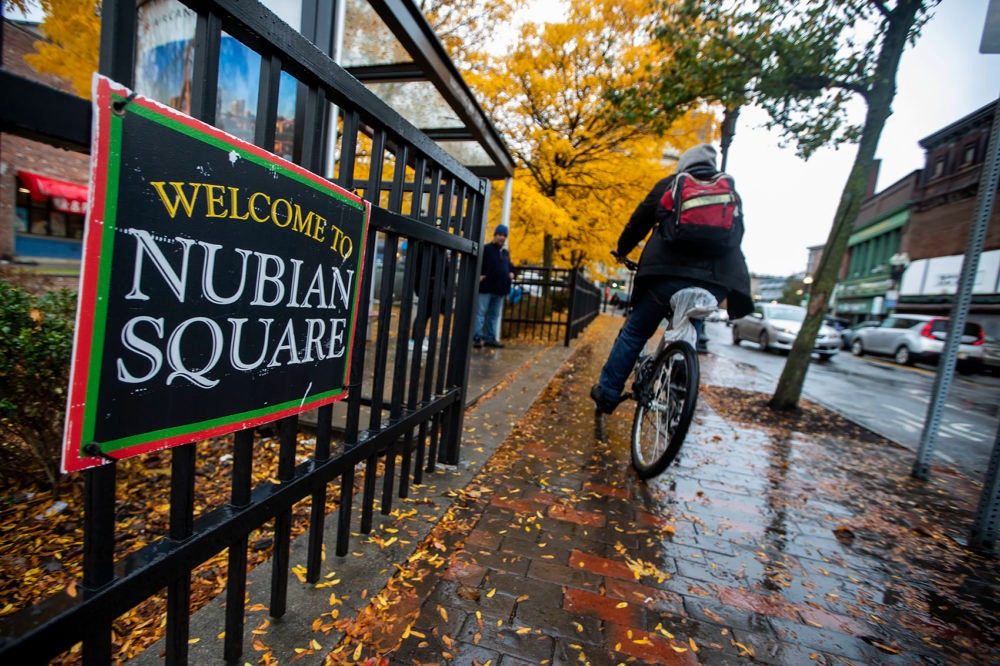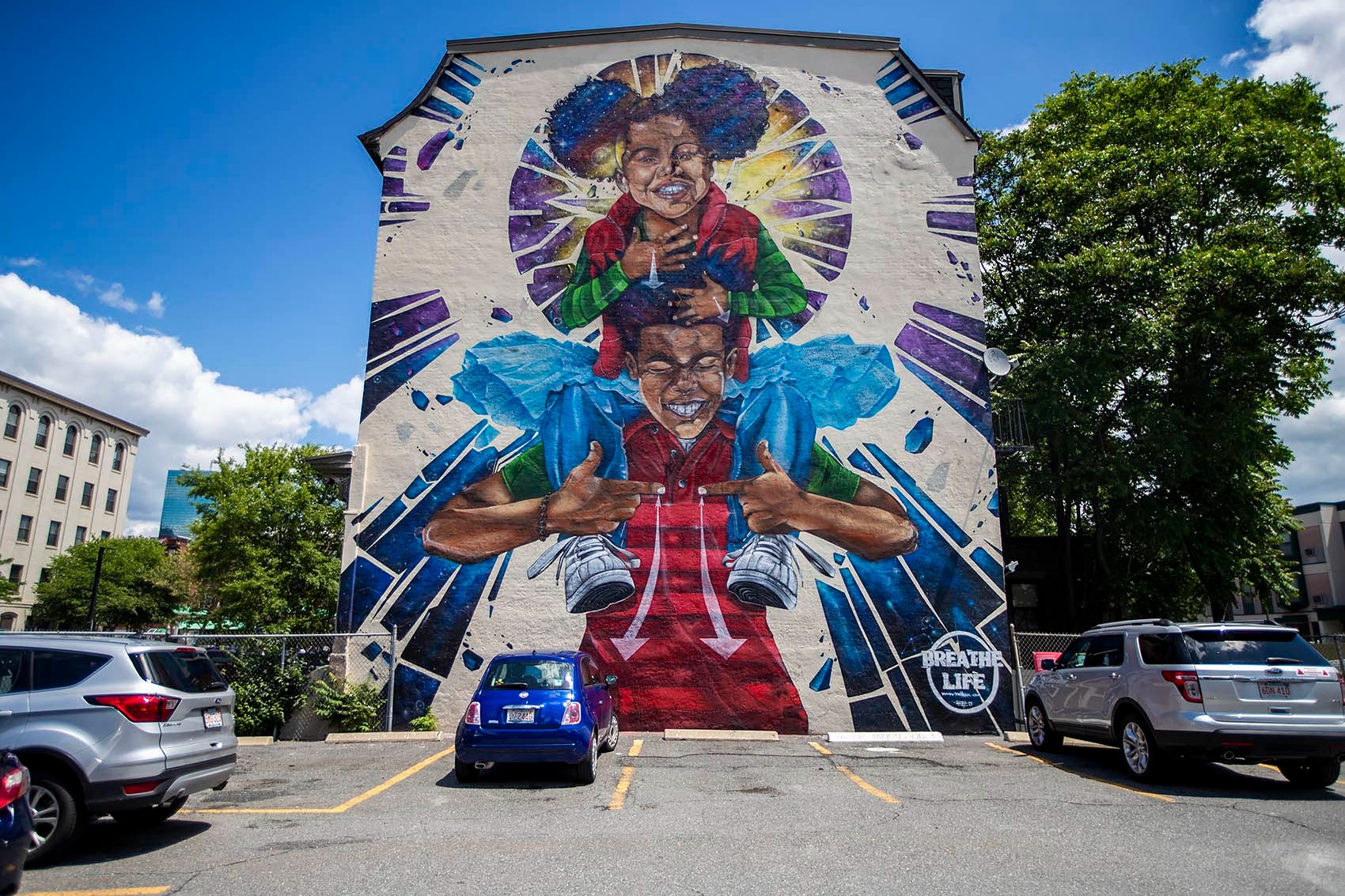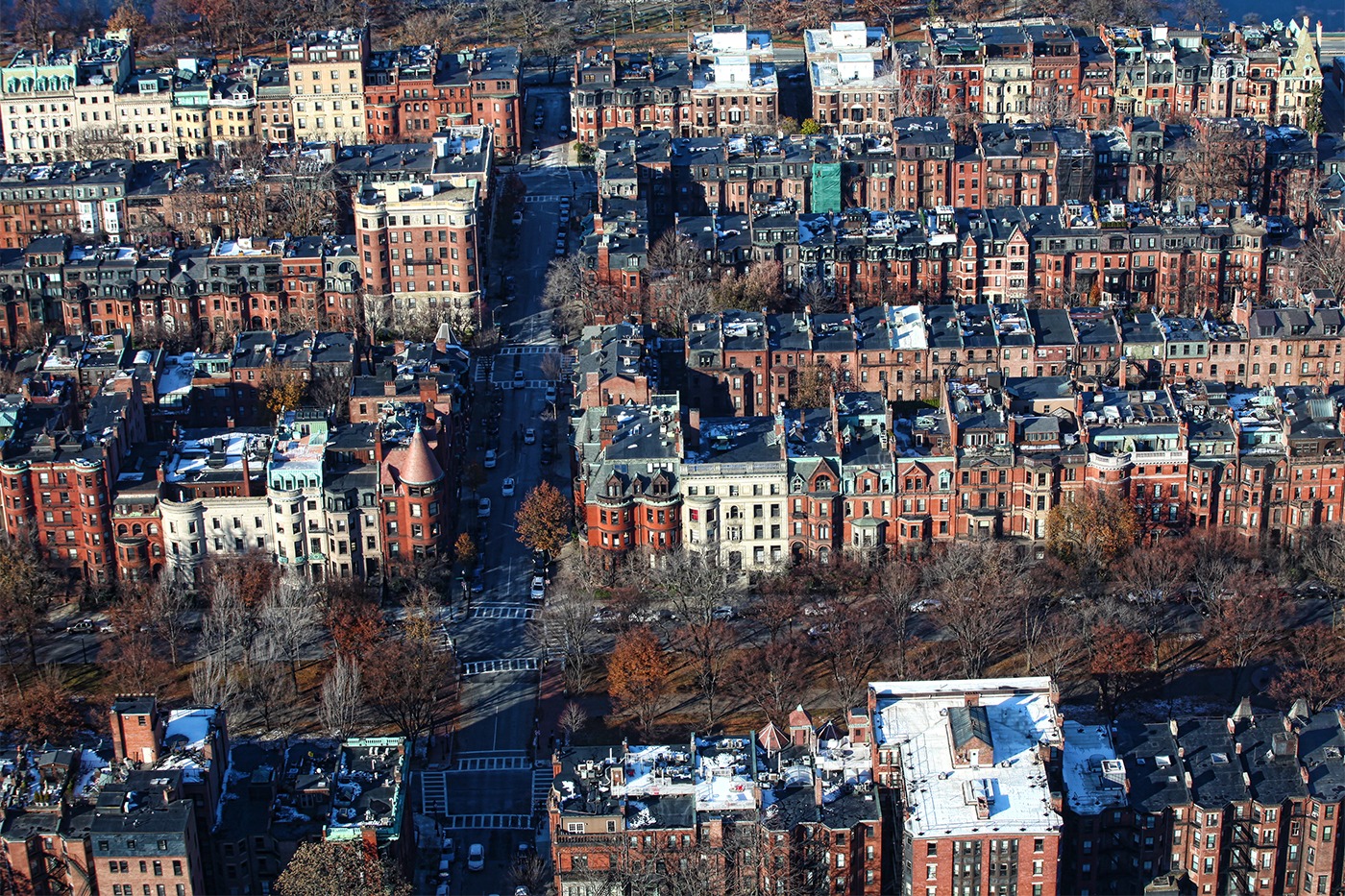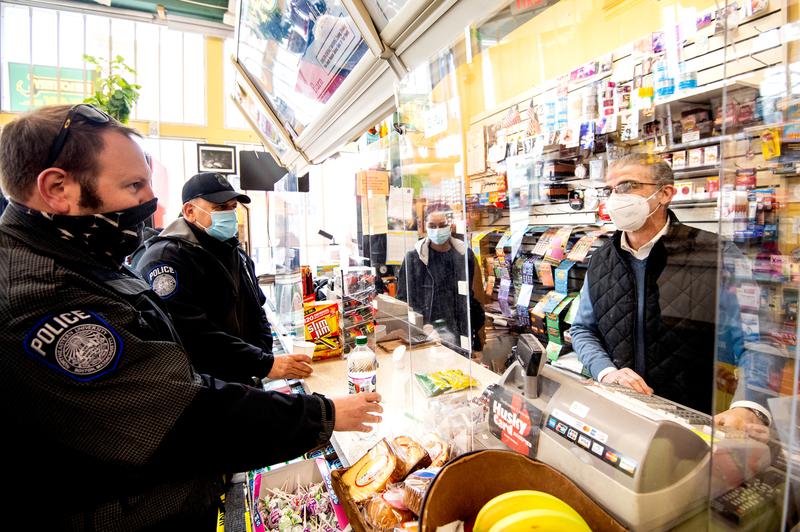

Scroll down to explore the origins, impacts, and responses to Boston's failure to provide adequate and affordable housing to all its residents
gen·tri·fi·ca·tion
jentrəfəˈkāSH(ə)n
noun
the process whereby the character of a poor urban area is changed by wealthier people moving in, improving housing, and attracting new businesses, typically displacing current inhabitants in the process.
"an area undergoing rapid gentrification"
On the morning of January 20th, 2020, dozens of affordable housing activists and concerned tenants gathered outside of the Massachusetts State House. Their chants and cheers filled the cold winter air as they waved signs reading:
AFFORDABLE HOMES NOW!
My rent went up 50%
The place we call home should be affordable!
After demonstrating outside, these activists filed into the State House to testify before the Joint Committee on Housing. The committee sat in session for hours as the activists demanded the state stop the spiraling costs of housing in Boston.
Calls to address rising housing costs have grown even stronger in recent months, especially during Boston’s recent mayoral election. WBUR interviewed each of the candidates about controlling housing costs. Despite some variation in their policy plans, all six candidates shared the same message with voters—make no mistake, Boston’s housing market is in crisis.
Boston faces a dual crisis; acute housing insecurity brought about by the COVID 19 Pandemic and an unaffordable housing market that exacerbates racial inequality.
Housing insecurity has been worsened by the pandemic; 4,087 evictions have been filed since March 15, 2020. The eviction crisis has exacerbated existing racial inequality too. The Aspen institute found that 78% of evictions in Boston were filed in communities of color.
However, Boston’s eviction moratorium and adherence to CDC recommendations for evictions has softened the blow to renters. Since the beginning of 2021, eviction filings have been well below average each month.
But Boston’s housing market was broken long before the pandemic struck.
As Boston developed into a major city in the 1930’s, the Federal Housing Authority’s redlining policies divided up Boston’s neighborhoods by race and social class. By 1970, Boston’s suburbs were 98% white, while BIPOC communities were relegated to select urban neighborhoods. The legacy of redlining persists today and impacts the housing market. Redlined communities in Boston suffer from low economic mobility and overburdensome rents despite Boston’s growing economy and world class institutions.
Additionally, housing construction in the town’s surrounding Boston has been slow. The city of Boston accounts for nearly a third of new housing construction in the state, despite being home to less than 10% of the state’s population. This means that demand for housing is outpacing supply, driving up prices. City planners estimate that the median price of a home in Boston is double the national average, $680,122 as of April 2021.
The affordability crisis effects both renters and homeowners in Boston and is worse for BIPOC communities. A recent MassINC poll found that just 25% of respondents could afford to buy a home in their own neighborhood. Moreover, 60% of black and Latino respondents said they would need to move to purchase home—compared to 46% of white respondents.
Boston’s housing market problems have worsened as more students have poured into the city.
In a report on student housing trends, Boston’s Neighborhoods Development Office (NDO) estimates that more than 35,000 students live off-campus and a majority live in just five neighborhoods: Allston, Brighton, Fenway, Mission Hill, and Longwood. Subsequent research has found that these five neighborhoods all experience the worst effects of the housing crisis, not just limited to rising rents—poor housing quality and exploitative management practices are common too.
Concluding their report, the NDO noted: “Every [housing] unit inhabited by students shrinks the pool of housing available for Boston’s workforce. This increases the pressure on Boston’s supply of unsubsidized middle-income housing”
The following is a collection of interviews with small business owners, community advocates, university officials, and academics.
Each story contains a unique perspective on Boston's housing crisis.
Below are volunteering and learning opportunities concerning Boston's housing crisis.
By getting involved, you can make tangible improvements to Boston's housing situation and become an advocate for the many Bostonians facing adverse housing situations.
Metro Housing Boston mobilizes wide-ranging resources to provide innovative and personalized services that lead families and individuals to housing stability, economic security, and an improved quality of life.
Habitat for Humanity Boston is dedicated to building simple low-cost homes by forming partnerships with low-income families in need of decent and affordable housing.
Project Hope provides low-income women with children access to education, jobs, housing, and emergency services; foster their personal transformation; and work for broader systems change.
HomeStart aims to end homelessness in Greater Boston by assisting individuals in obtaining housing and settling into the community, and by developing strategies to prevent homelessness before it starts.
See all development projects reported by MassBuilds
The Office of Neighborhood Development has resources for renters and homeowners in Boston
Read Boston's Housing a Changing City: 2030 development plan
Find city planning meetings to attend here
Visit Northeastern's Campus Planning Website
Read the most recent Institutional Master Plan approved for Northeastern
The Urban Villagers - Herbert Gans
Evicted - Matthew Desmond
The Color of Law - Richard Rothstein
How to Kill a City - PE Moskowitz
Real Talk For Change's goal is to build a new piece of civic infrastructure in which the voice of the public is based on people sharing their experiences of living in Boston.
More specifically, they want to amplify the voices of folks who are too often underheard by current civic processes. Real Talk for Change will provide a means for Bostonians to cut through the noise of opinion makers and finally be heard.
